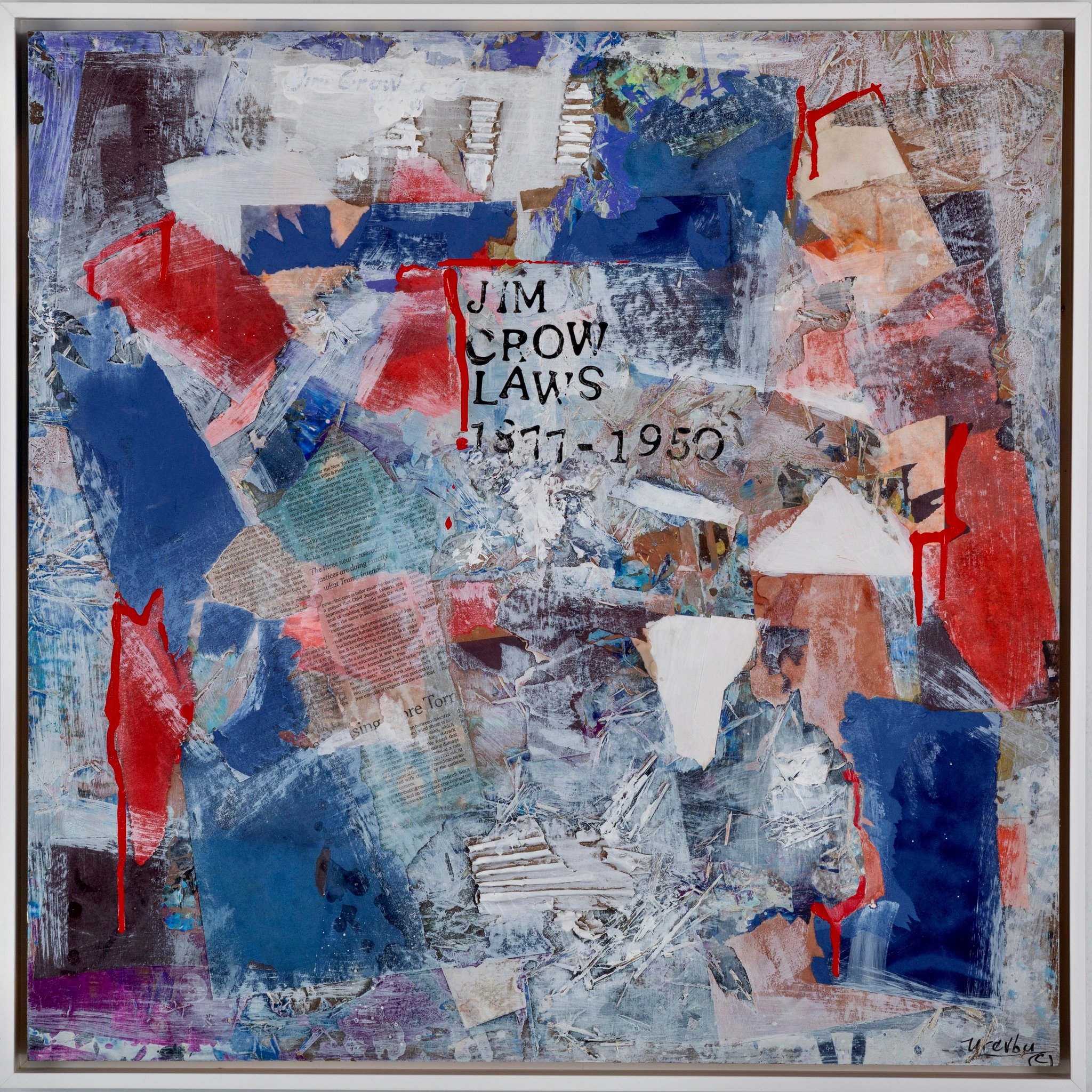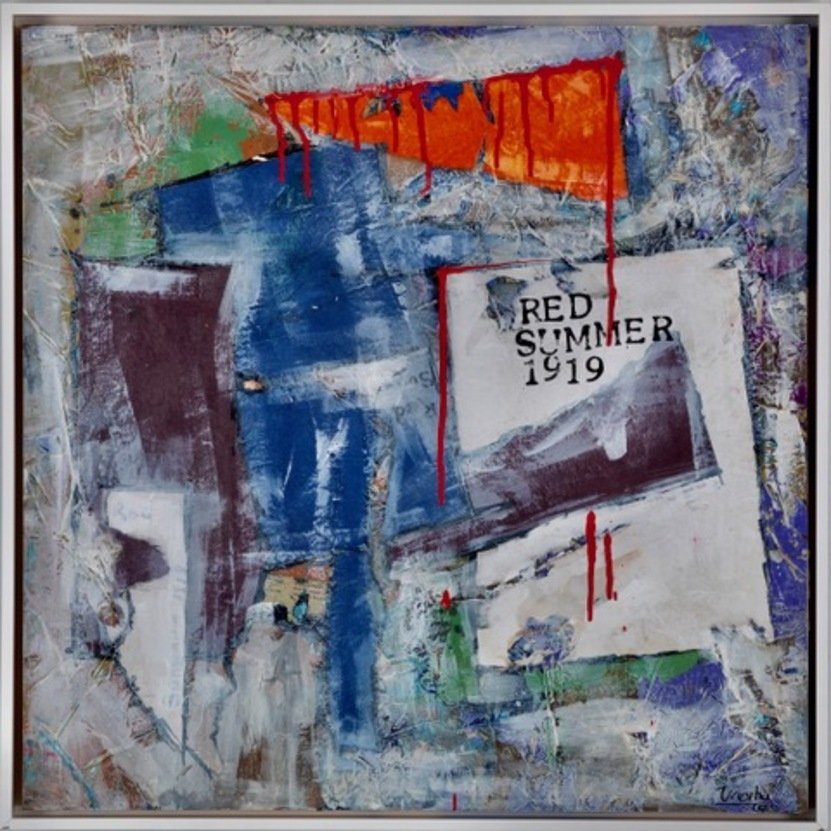Untold Stories Collection
Thibodaux Massacre, 1887
The Thibodaux Massacre of 1887 stands as a tragic and violent chapter in American labor history, highlighting the extreme challenges faced by African American sugar cane workers in Louisiana during the late 19th century. The massacre unfolded against the backdrop of widespread labor unrest and economic hardship among the predominantly African American workforce on sugar plantations in Thibodaux.The strike began in November 1887, as thousands of African American workers walked off the plantations, demanding better wages, improved working conditions, and the right to organize. Their grievances reflected broader concerns about exploitation and systemic discrimination in the post-Reconstruction South.However, the response from white plantation owners and local authorities was swift and brutal. Backed by armed militias and law enforcement, they sought to suppress the strike by any means necessary. On November 22, 1887, tensions erupted into violence when striking workers clashed with these armed groups. The result was a massacre, with reports indicating that dozens, possibly more than a hundred, of the African American strikers were killed. Many others were wounded, and those who survived were driven into hiding or forced to flee the area.The Thibodaux Massacre starkly illustrated the severe racial and economic disparities of the time. African American workers, already marginalized and exploited, faced extreme violence and repression when they attempted to assert their basic labor rights. The massacre underscored the urgent need for labor reform and highlighted the broader struggle for civil rights and justice in the post-Reconstruction South.In the aftermath of the Thibodaux Massacre, despite the tragic loss of life and the brutal suppression of the strike, the struggle for labor rights and racial equality persisted, contributing to the ongoing movements for justice and reform in American history.Ephraim Urevbu
Thibodaux Massacre 1887
Acrylic and mixed media on board
24 x 24 in (60.9 x 60.9 cm)
























